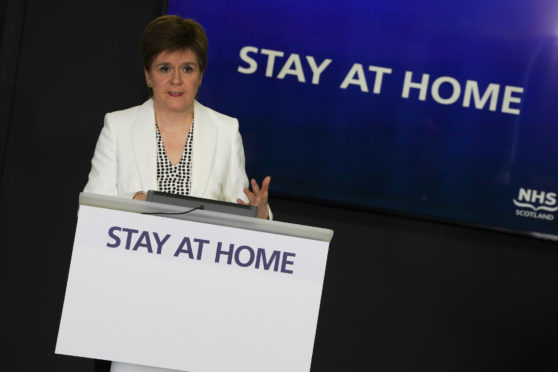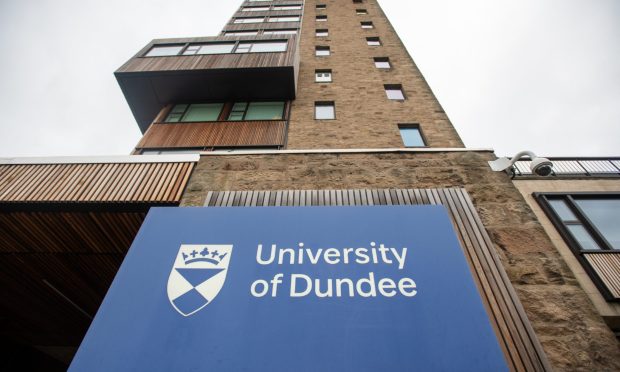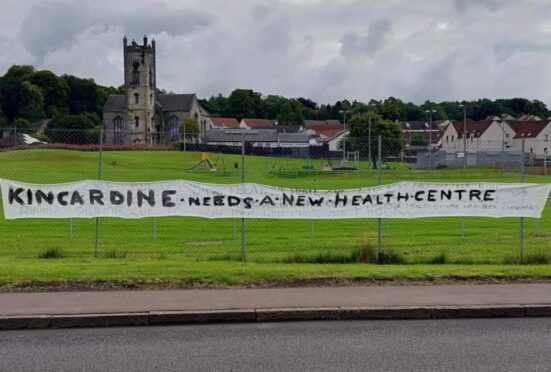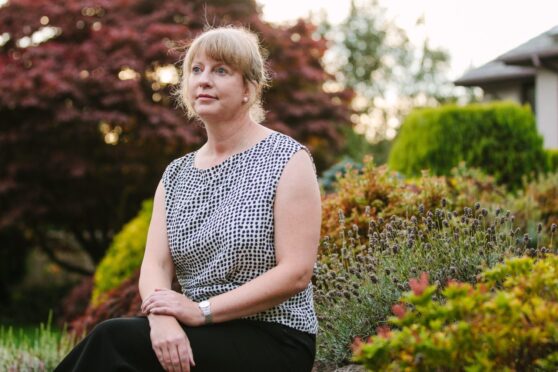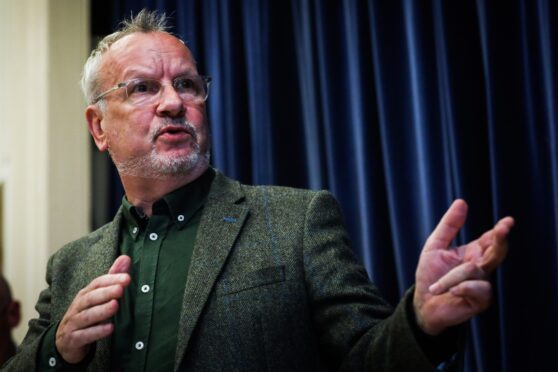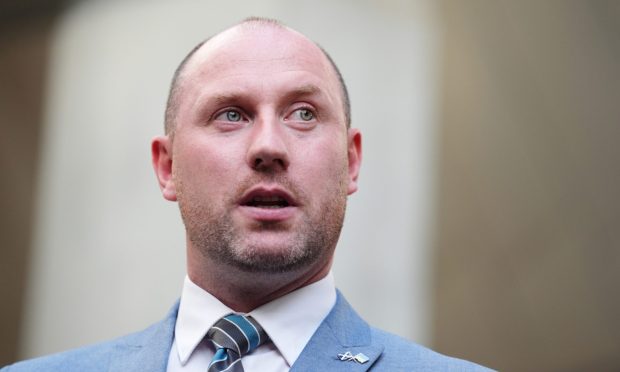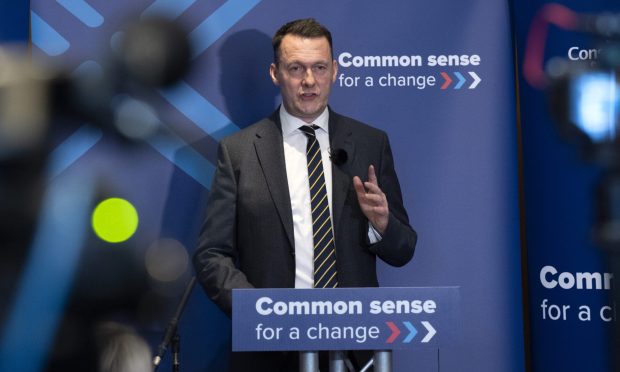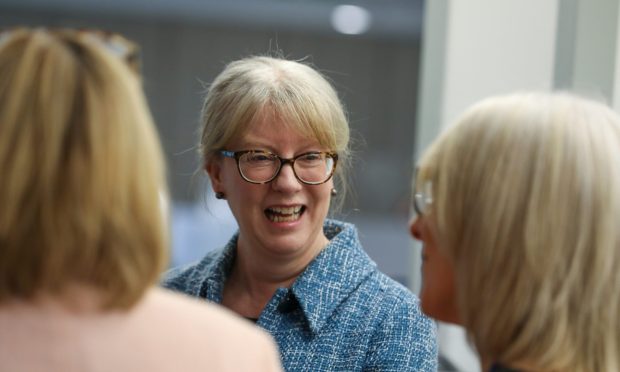Nicola Sturgeon has threatened to introduce tough new laws restricting social activities and travel, after police were forced to hand out hundreds of dispersal orders to Scots flouting the rules this weekend.
The first minister said she “would not hesitate” to legislate if “even a minority” fail to comply with guidelines introduced to help slow the deadly wave of Covid-19.
Ms Sturgeon said the “vast majority” of the public were still following the rules after Scotland entered the first part of a four-phase process towards lifting lockdown on Friday, but added it was clear not everyone was sticking to the advice.
Police Scotland has reported a five-fold increase in the number of groups being moved on by officers, with 797 dispersal orders handed out on Saturday alone.
There was also a 60% increase in road traffic on Saturday and a 70% rise on Sunday compared to the previous week, with the A82 at Loch Lomond and Glen Coe both seeing around a three-fold increase in vehicles.
Speaking at her daily briefing in Edinburgh, the first minister said it was “hard to see” how the rise could be caused by local residents alone, and confirmed there had been examples of people driving well beyond the recommended five-mile limit.
“Last week we deliberately allowed some flexibility when we changed the lockdown restrictions,” Ms Sturgeon said.
“We recommended that people don’t travel more than five miles for recreation, but we left room for some discretion so that you could go further to visit family.
“And we strongly recommended that when two households meet, there should be no more than eight people in total in a group – but again, we put that into guidance rather than putting it in law because we trust, and continue to trust, the majority to keep those groups small and to stay within the rules.
“But it is worth being clear – in fact, I have a duty to be clear with you – that if there is continued evidence of even a minority not abiding by those guidelines and travelling unnecessarily – if people meet up in larger groups or make journeys which risk spreading the virus – we will have to put those restrictions, on group size and travel distance, into law.
“And we won’t hesitate to do so if we think it is necessary for the collective safety and wellbeing of the nation.”
Police Scotland confirmed 1,391 “compliant” dispersal notices were handed out between Friday and Monday morning, with a further 650 police warnings and 16 fixed penalty notices also issued.
Deputy chief constable Will Kerr said the increase in people out and about over the weekend resulted in a rise in crime, reflected in the more than 1,000 arrests over the weekend, although none were related to coronavirus breaches.
The number of people in hospital with confirmed or suspected cases of Covid-19 continued to fall on Monday, with just 27 patients being treated in intensive care.
Some 15,418 people in Scotland have now tested positive for the virus, while the number who have died with a laboratory-confirmed case rose to 2,363.
Ms Sturgeon warned progress made so far in suppressing the virus was “fragile” and said those flouting the rules risk taking flexibility away from others.
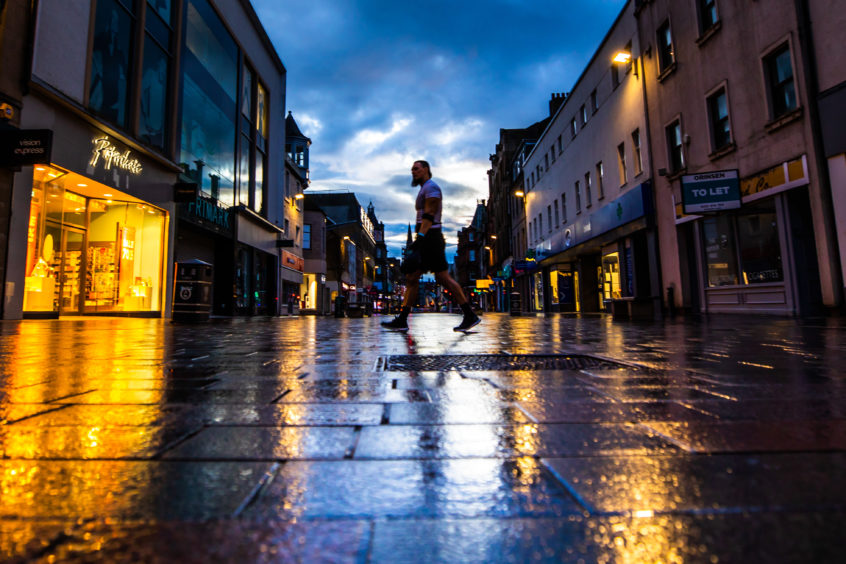
“The virus is being suppressed, but it has not gone away and it is still extremely dangerous,” she said. “The progress we have made so far is simply not guaranteed and is not irreversible.
“Cases could increase again, it would not take much for that to happen, and that would result in more loss of life. If all of that happens, then restrictions will have to be reimposed rather than being further relaxed.”
Ms Sturgeon revealed the issue had been brought closer to home recently when someone close to her was diagnosed with the virus.
“Until this weekend, I didn’t know anybody personally, within my own family or friends network, who had had this virus in a significant way,” she said. “That changed this weekend.
“Why am I telling you that? Because it’s still there. Even with these numbers going down, there are still people testing positive for this virus.
“It’s still there, it’s ready to pounce and jump across any bridges we offer it. If we want to stop that, we must, must stick to these guidelines.
“I’m saying this as a citizen as much as as a first minister – please, do that and together we will continue to make this progress.”
